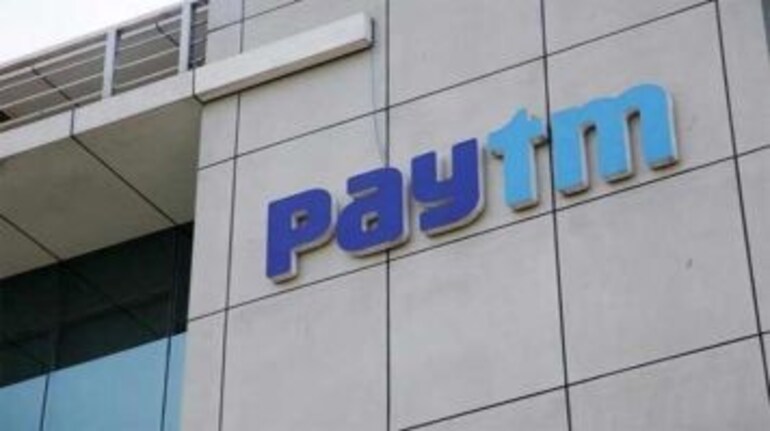
Shishir AsthanaMoneycontrol Research
It is not without a reason that Paytm carried front page ads in major newspapers immediately after Prime Minister Narendra Modi announced demonetisation. Digital payments segment was the obvious beneficiary of the currency overhaul and Paytm, being the poster boy of digital transactions, was the largest gainer.
Delhi Chief Minister Arvind Kejriwal blamed Modi for being a model for Paytm and Rahul Gandhi said that Paytm stands for Pay to Modi; all this gave the online payment company more airtime and it probably only gained.
Immediately after demonetisation, Paytm’s transactions touched five million in a day regularly and even hit a peak of seven million. In value terms, transaction totals hit Rs 24,000 crore a day. Paytm says that the company has registered a 700 percent increase in overall traffic and 1,000 percent growth in the amount of money added to Paytm wallets. The number of transactions per user increased from 3 per week to 18.
Had Paytm been a listed company, the details furnished by the company would have resulted in the stock being locked in the upper circuit for a few days at least.
But the private equity space, where Paytm hunts for funds, does not seem to have recognized the improved performance and sentiment of the company.
Paytm’s founder Vijay Shekhar Sharma raised Rs 325 crore for a 1 percent stake sale in the company. This values the company at around Rs 32,500 crore or roughly USD 5 billion.
Paytm raised its first round of funding in February 2015 at a valuation of USD 1 billion when Alibaba’s Ant Financial pumped in money. The second round of funding was in September 2015 when the same Chinese e-commerce company put in money at a valuation of USD 2.8 billion. Alibaba has put in USD 700 million in Paytm and holds 40 percent stake in the company.
As per news reports Paytm was in the market to raise funds since end-August 2016 for expansion in its three lines of business. Paytm operates three businesses — online payments, payments bank and e-commerce. At least four reports in August suggest that the company was looking to raise USD 300 million (around Rs 2,000 crore) with a valuation of USD 5 billion.
If Paytm was seeking to raise money in August — months before demonetisation was announced — at a valuation of USD 5 billion, demonetisation has clearly done nothing to improve its valuation. The company, in fact, ended up raising less money than what it intended to three months back. It may be some contagion from Flipkart and e-commerce in general, though Paytm’s model is very different.
Paytm’s valuation would have substantially increased had the company been listed; this is a company that stock market investors would love to own.
Discover the latest Business News, Sensex, and Nifty updates. Obtain Personal Finance insights, tax queries, and expert opinions on Moneycontrol or download the Moneycontrol App to stay updated!